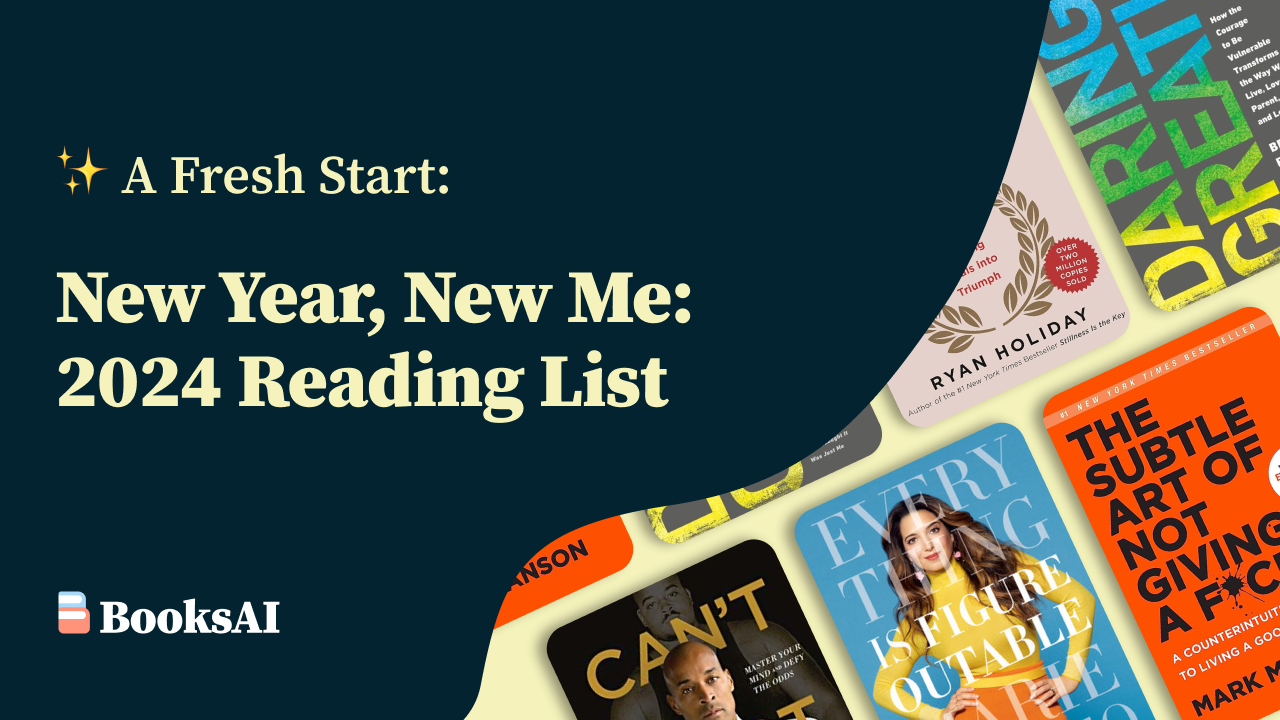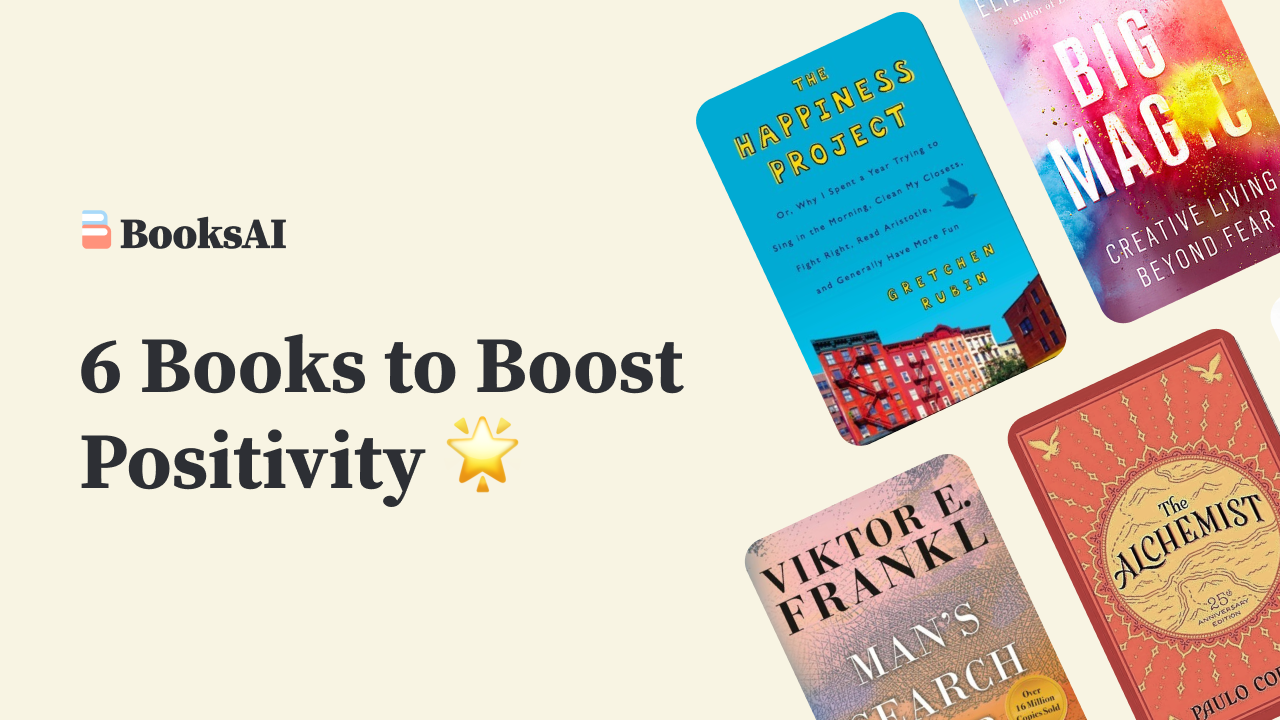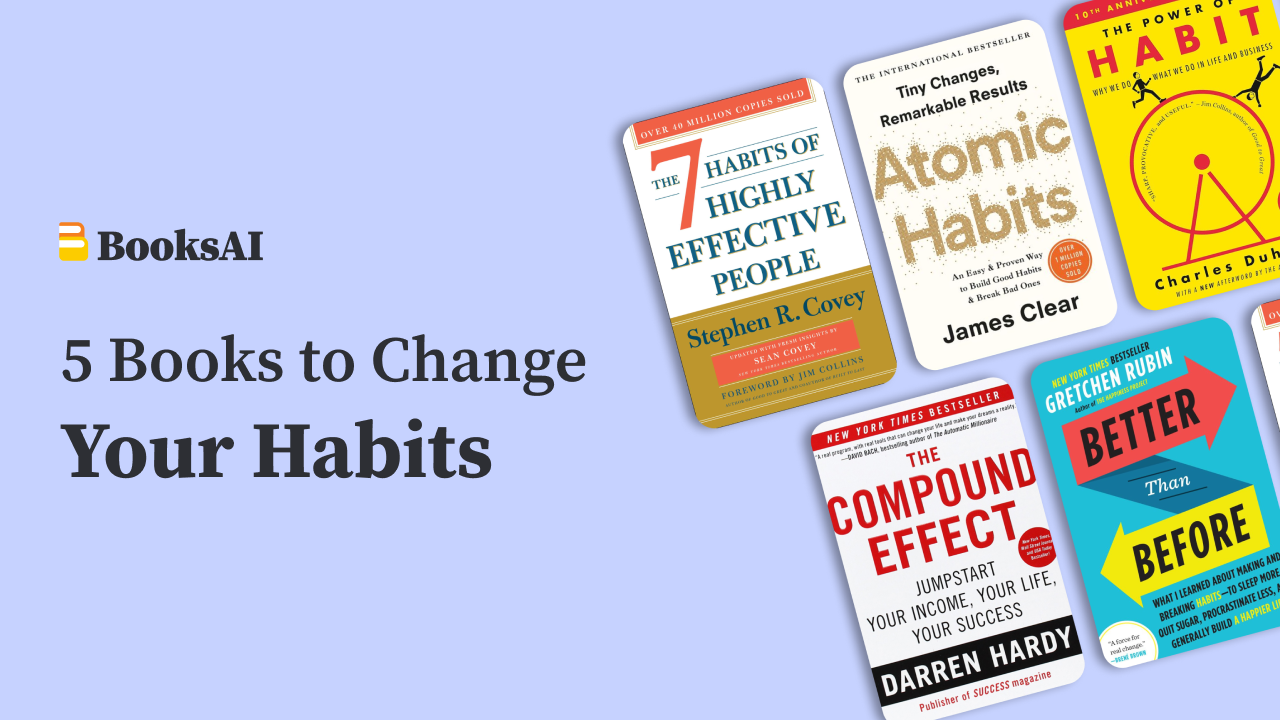In the ongoing discussion of whether books reign supreme over their cinematic counterparts, the intrinsic charm of literature often prevails. While films manage to capture the essence of stories onscreen, it’s within the pages of a book that characters’ souls truly come alive. Join us as we delve into five renowned movies derived from books, unearthing the layers of depth and subtlety that make the original literary works soar.

To All the Boys I’ve Loved Before by Jenny Han
Jenny Han’s tender tale, “To All the Boys I’ve Loved Before,” invites readers into Lara Jean Covey’s world of secret love letters turned real-life romance. The movie successfully captures the endearing essence of Lara’s character and the whirlwind of emotions she navigates, but the book offers a more intricate understanding of her inner monologue and insecurities. Lara Jean’s candid thoughts and reflections provide a unique window into her self-discovery journey, immersing readers in her personal growth and resonating with those who have experienced the joys and awkwardness of young love.
The Great Gatsby by F. Scott Fitzgerald
Book Summary: F. Scott Fitzgerald’s “The Great Gatsby” is a tour de force that peels back the layers of 1920s extravagance to reveal the hollowness beneath. While the movie captures the era’s glamour, it struggles to capture the full essence of Fitzgerald’s lyrical narrative. The novel’s intricate web of symbolism, Nick Carraway’s introspective reflections, and the characters’ complex motivations provide a level of depth that a visual medium can’t wholly replicate. The book’s haunting exploration of the cost of the American Dream lingers long after the final page.


Little Women by Louisa May Alcott
Book Summary: Louisa May Alcott’s “Little Women” stands as a timeless portrayal of sisterhood, resilience, and individual growth. While the movie adaptation beautifully captures the essence of the March sisters’ bond, it inevitably condenses some of the book’s episodic intricacies and character developments. The novel offers a more profound exploration of each sister’s aspirations, dreams, and challenges, allowing readers to connect with their personal journeys on a deeper level. Alcott’s words delve into the heart of 19th-century womanhood, painting a vivid picture of their struggles and triumphs in a way that the film, as spectacular as it is, cannot fully replicate.
Harry Potter and the Sorcerer’s Stone by J.K. Rowling
Book Summary: J.K. Rowling’s enchanting “Harry Potter and the Sorcerer’s Stone” introduces readers to a captivating world of magic and friendship. While the movies capture the wonder of Hogwarts, they omit some of the book’s finer details and character interactions. The book’s inner thoughts and emotional resonance of its characters, especially Harry’s introspective struggles and Hermione’s intellect, enrich the story’s emotional tapestry. Rowling’s intricate narrative and expansive magical universe make the reading experience akin to embarking on a true adventure.


To Kill a Mockingbird by Harper Lee
Harper Lee’s seminal work, “To Kill a Mockingbird,” serves as a powerful exploration of racial injustice and moral integrity. While the movie deftly portrays the essence of the story, it pales in comparison to the novel’s unparalleled depth of character development and thematic exploration. The book delves deeply into Scout’s evolving perspective, and Atticus Finch’s wisdom and determination are showcased more vividly through Lee’s evocative prose. The novel’s complex layers of societal critique and moral dilemmas offer readers a richer and more immersive experience.
As we celebrate these five remarkable books and the movies they inspired, let us appreciate the distinctive artistry of literature—a realm that unites us with characters’ thoughts, emotions, and innermost aspirations. In the perennial debate of book versus movie, let’s honor the narratives that hold the power to illuminate our imagination and touch our hearts in ways that the silver screen can only hope to evoke.







